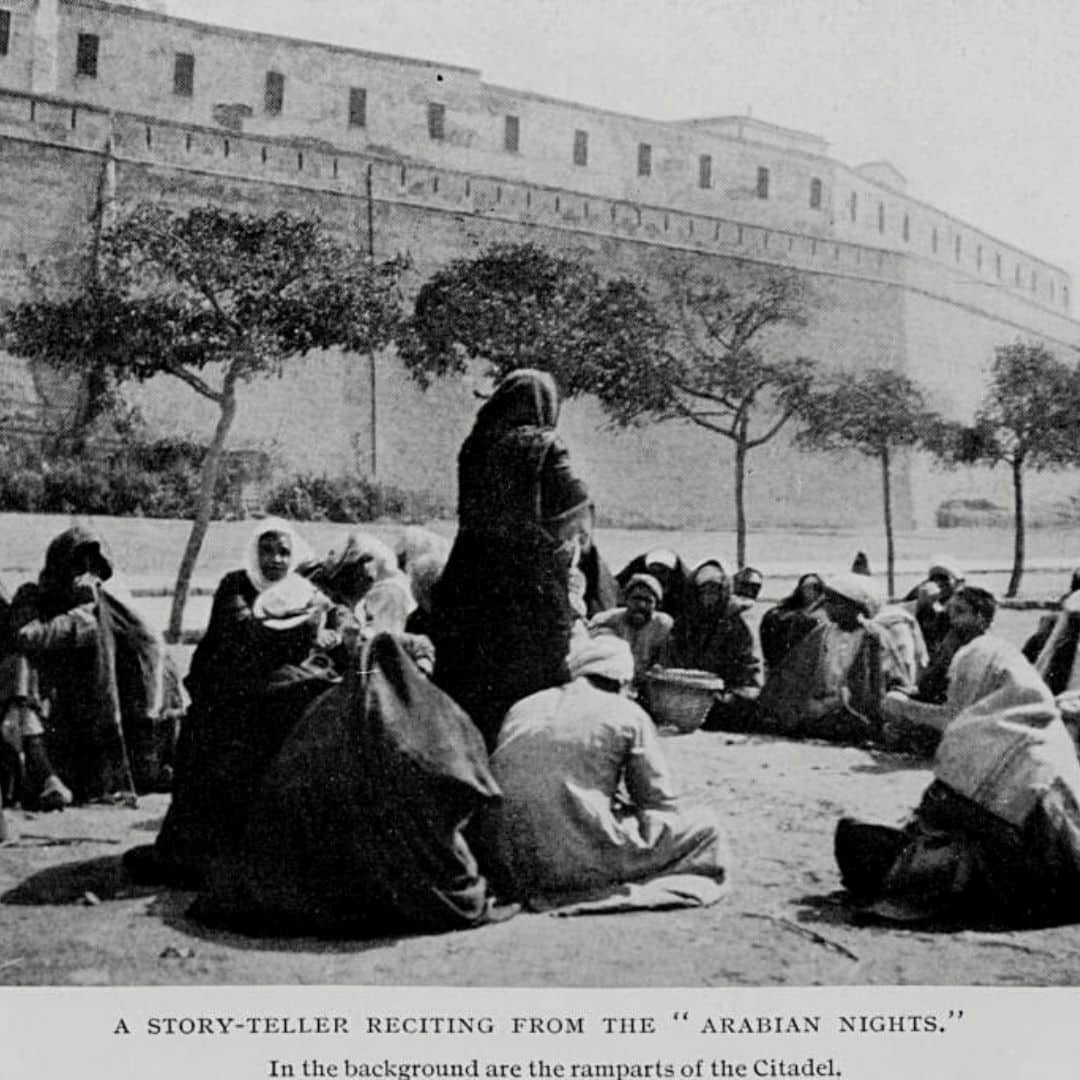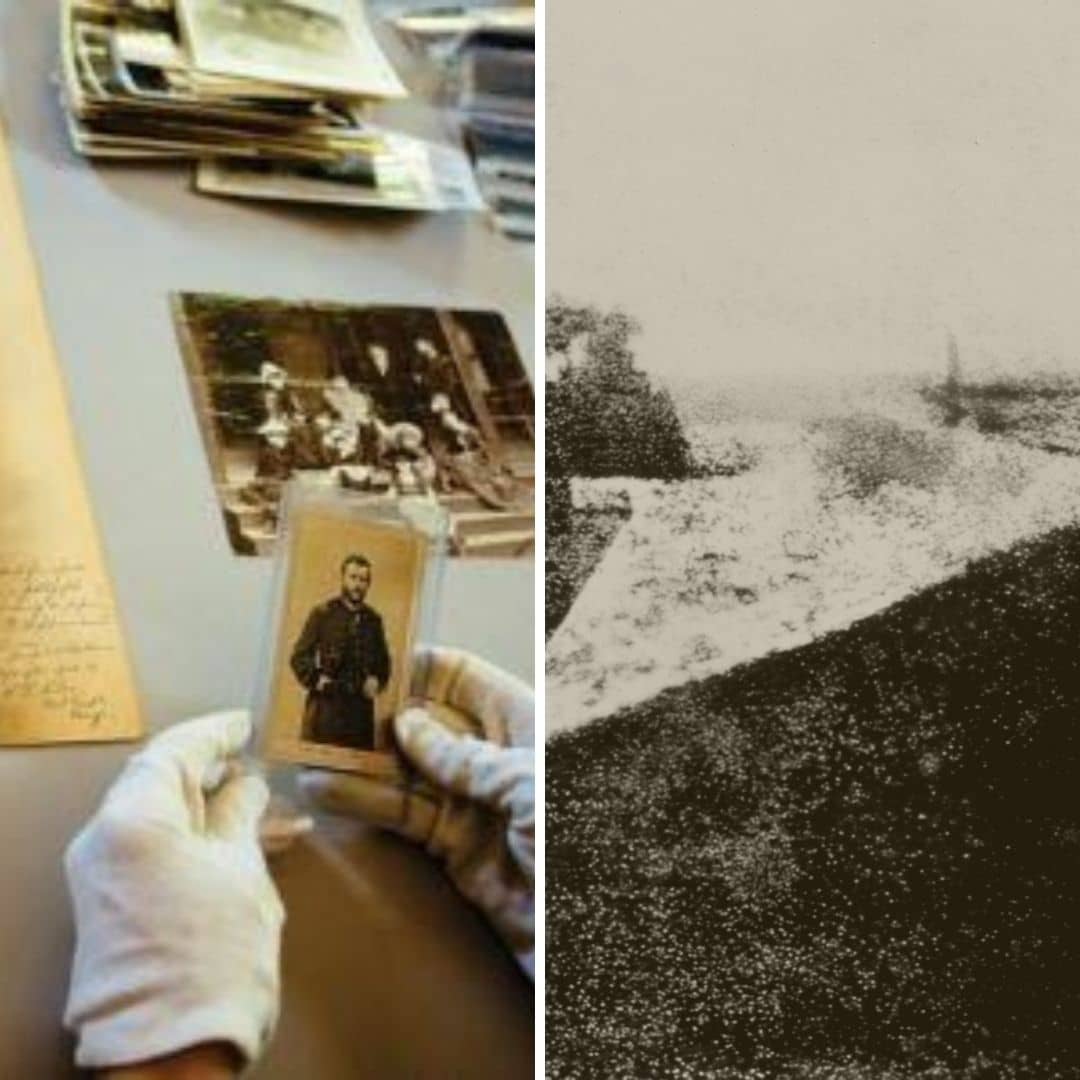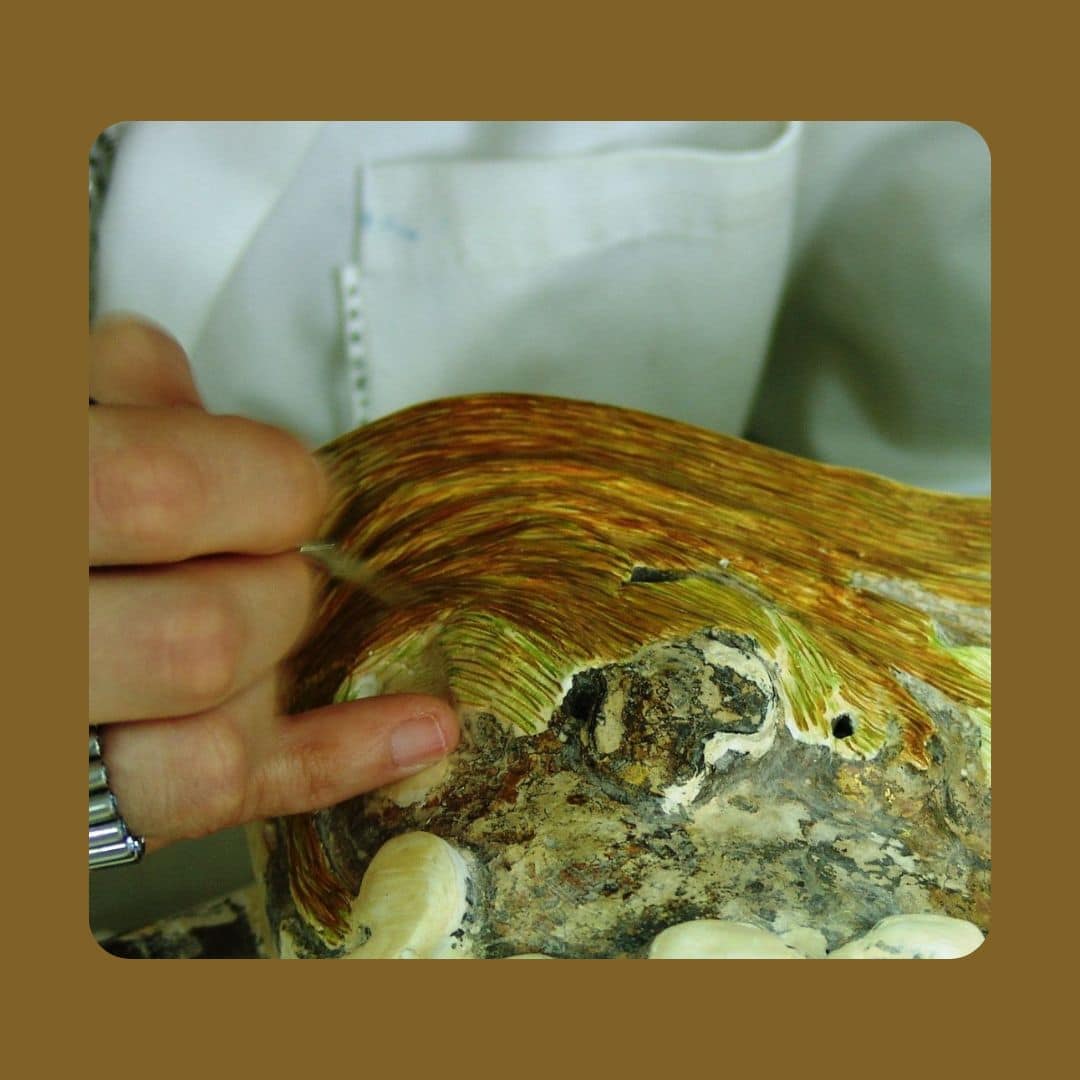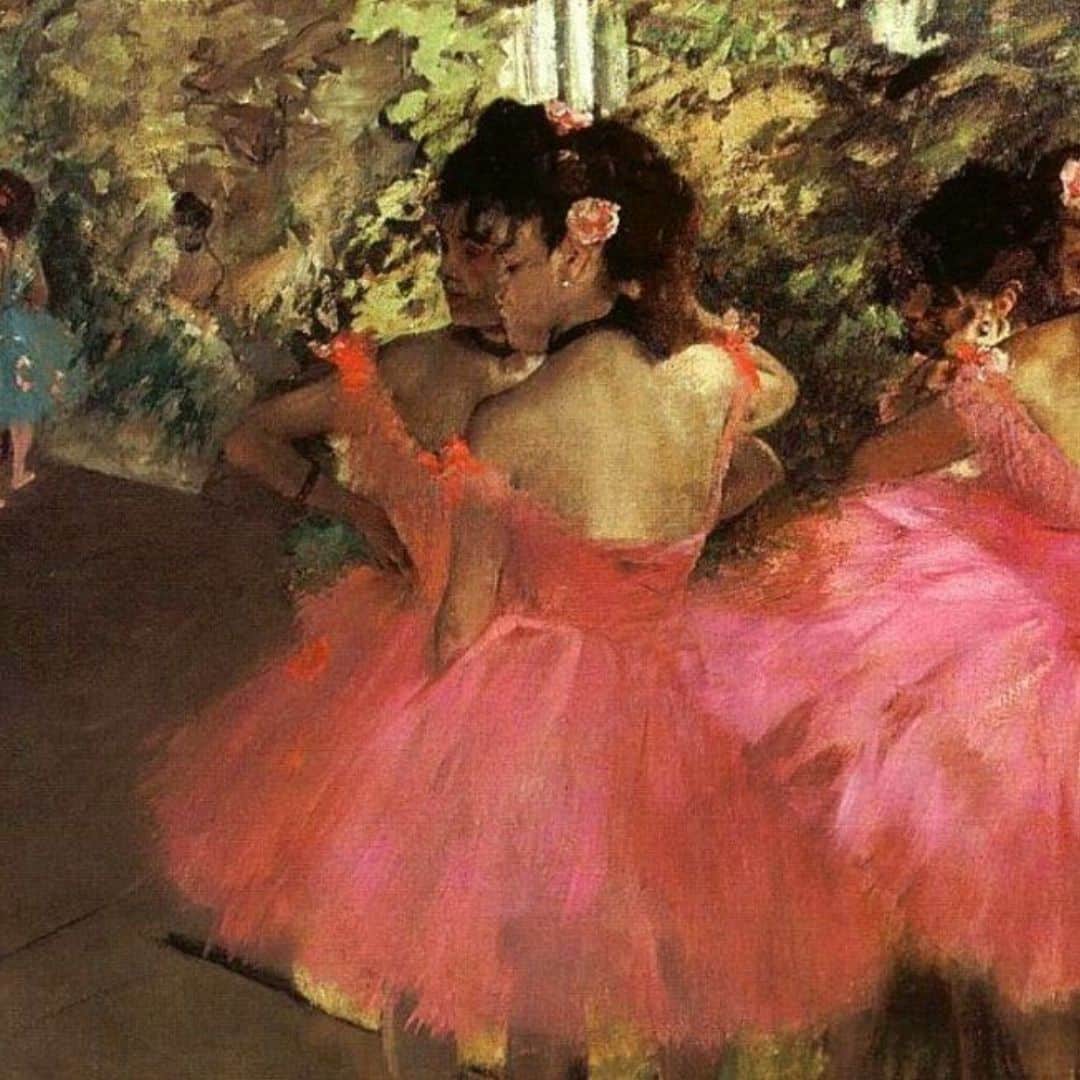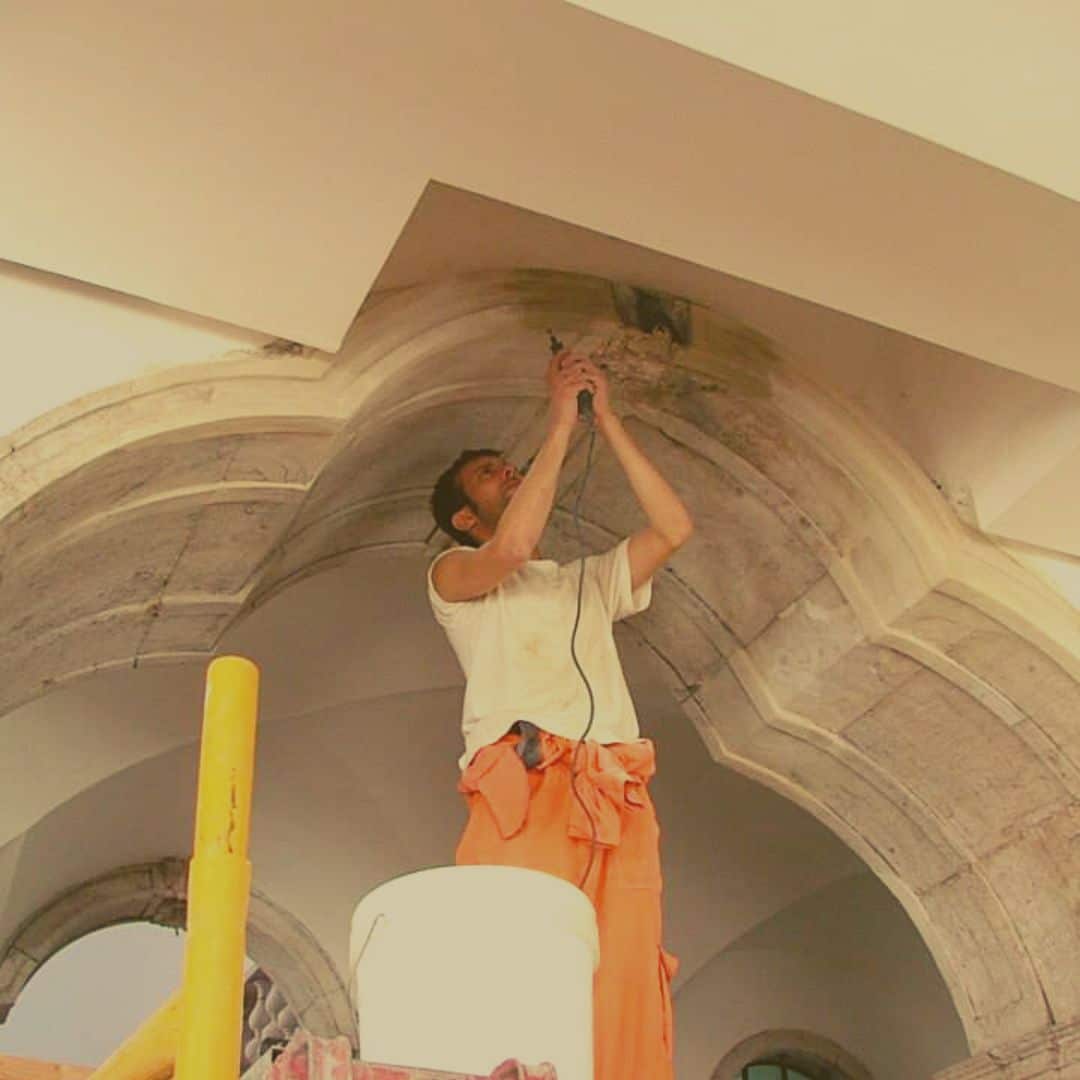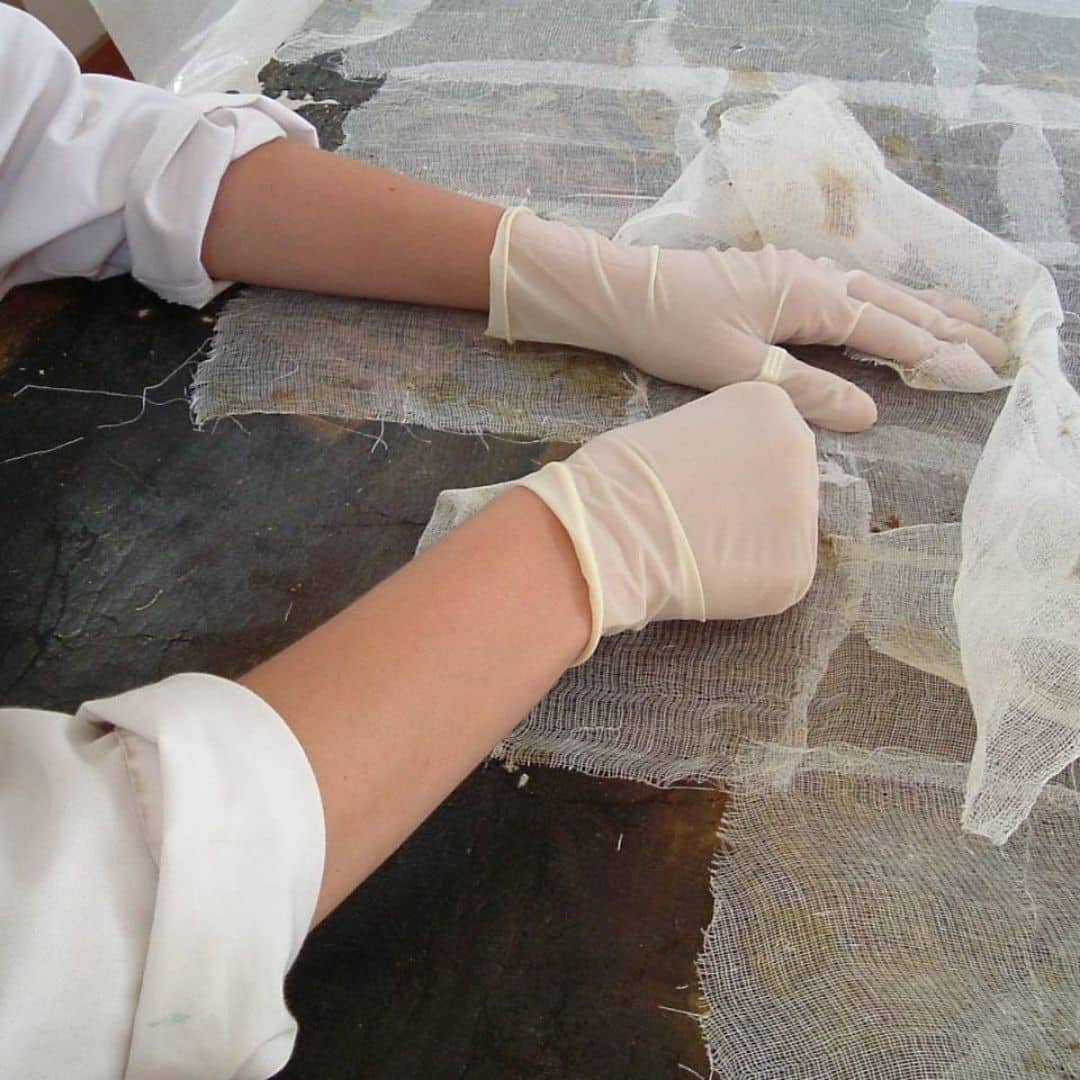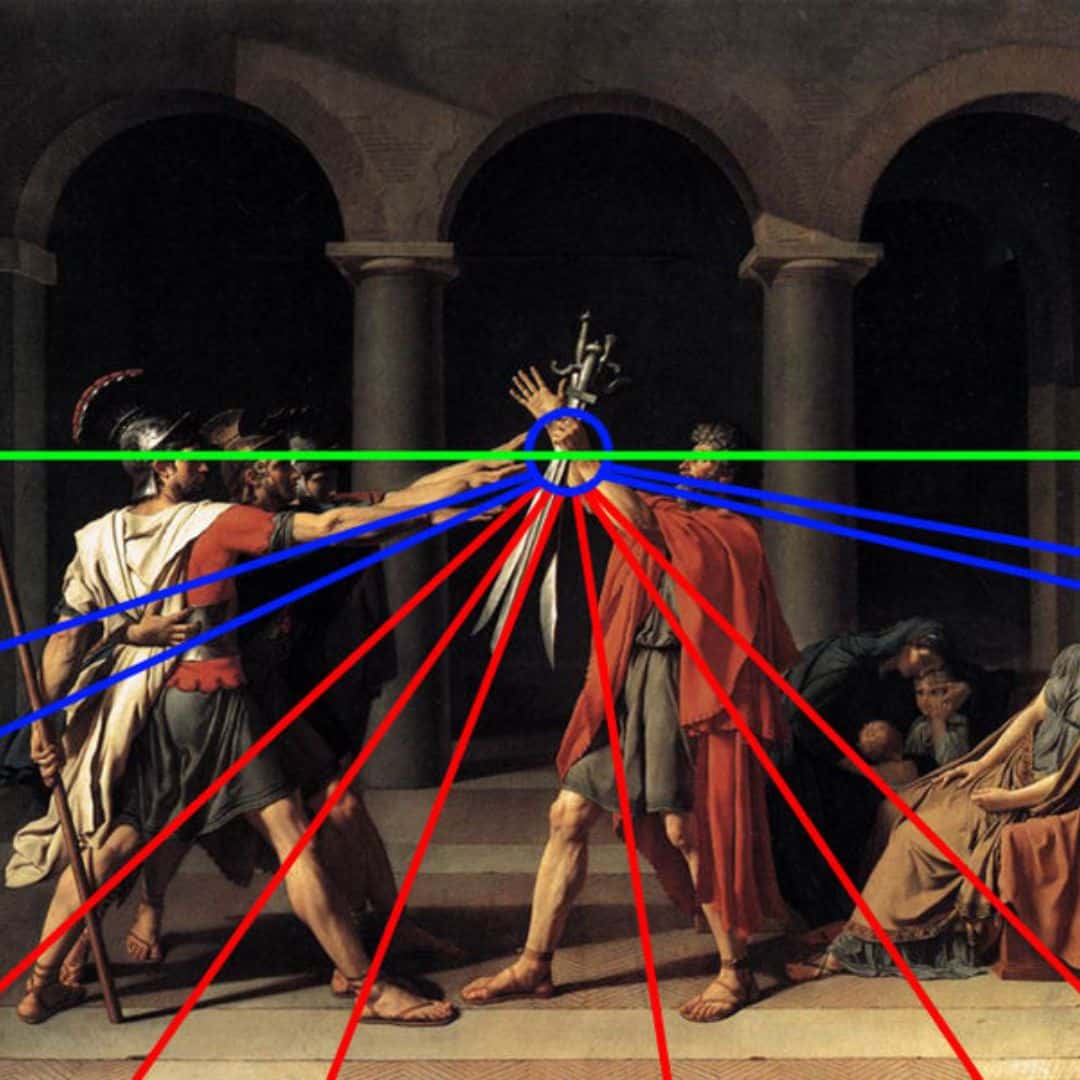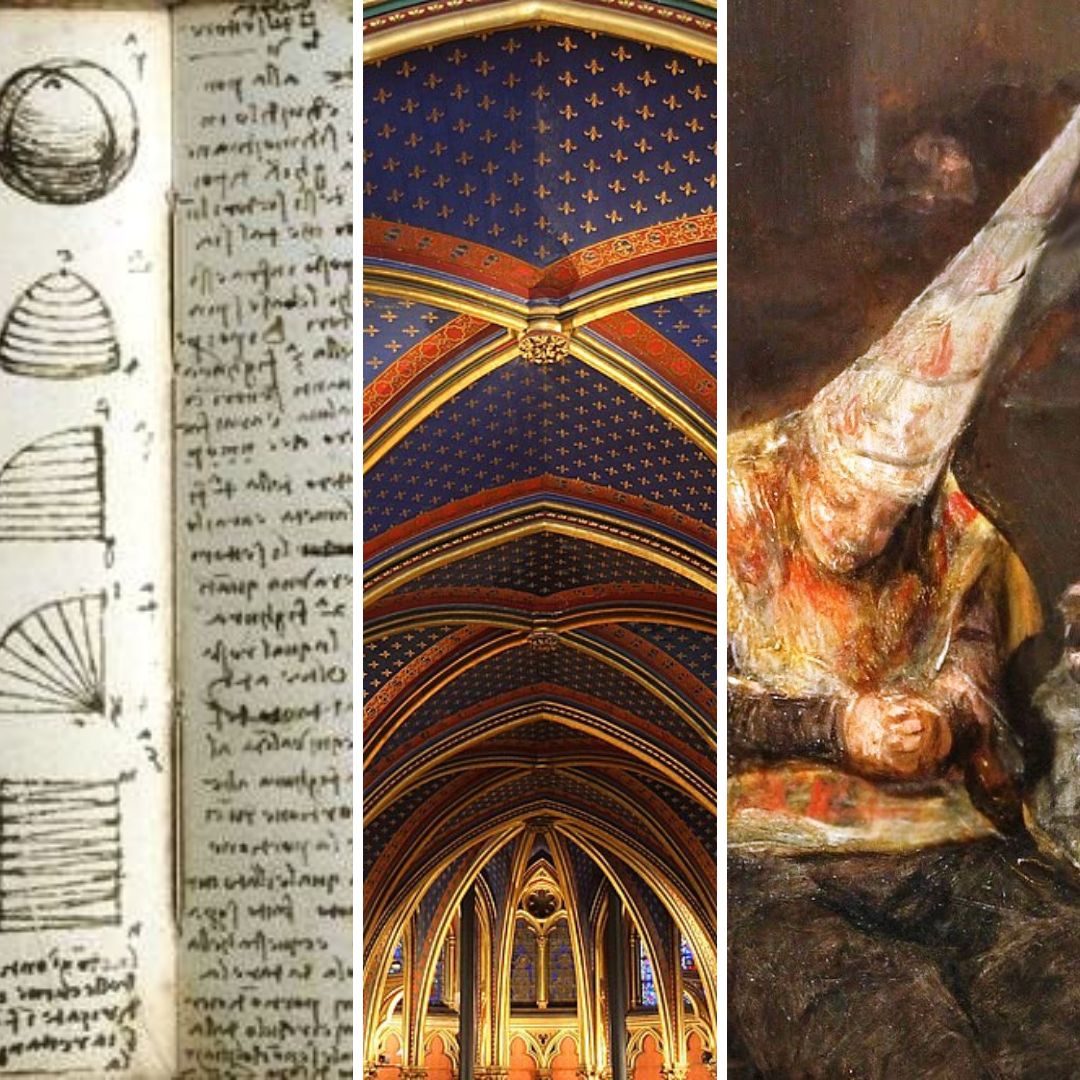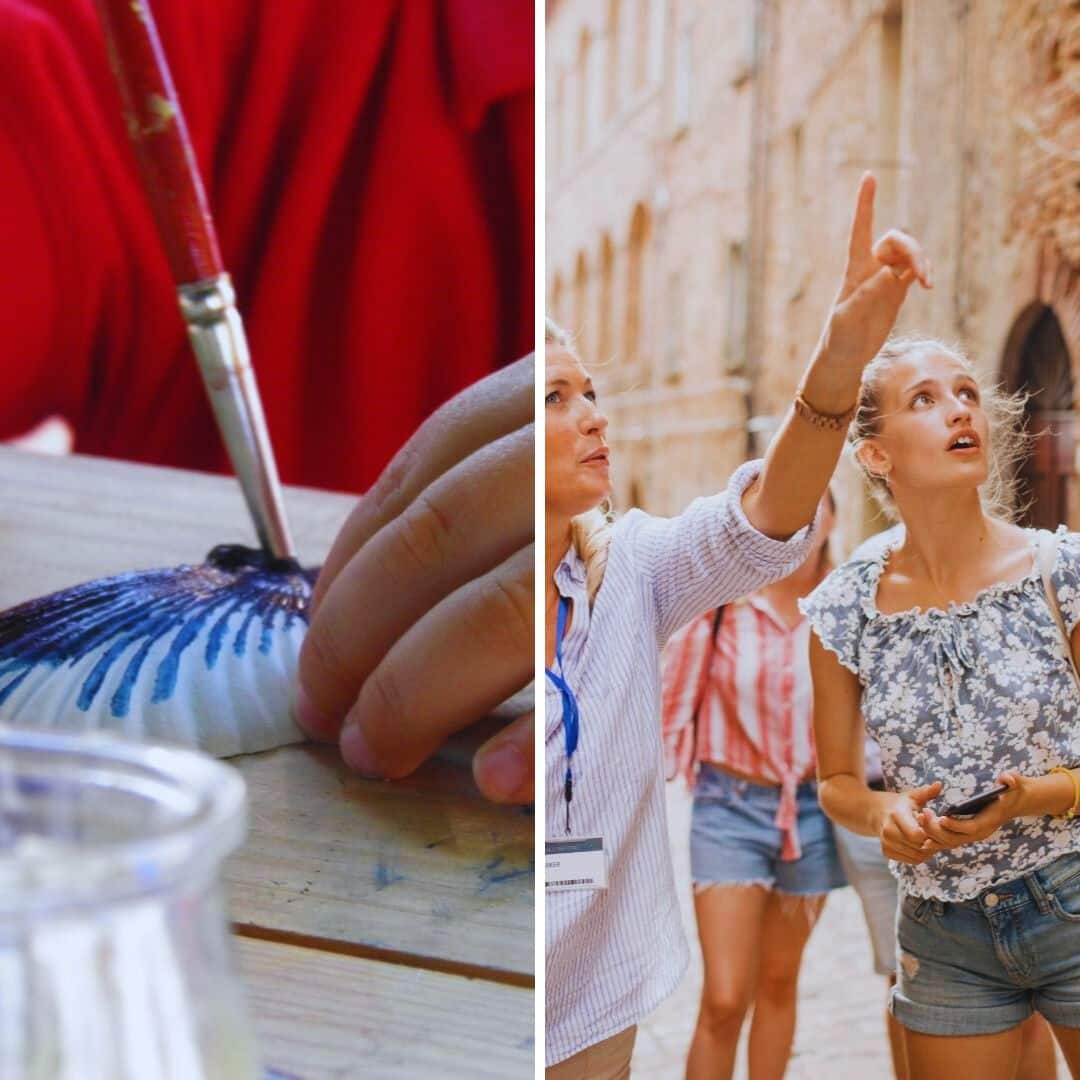Oral History as a discipline of History
According to historian Paul Thompson, Oral History was the first kind of History.
Today, for historians it is a discipline of history and uses a specific method of collecting and processing oral sources.
This article contains an infographic.
The Oral history
For centuries oral sources were used as the only way to convey the history of the ancestors.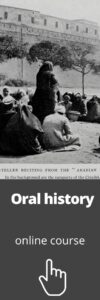
In the 5th century BC, the Greek historian Thucydides transposed to the written word the Peloponnesian War reports.
This represented one of the first and most notable examples of the importance of recording the traditions and stories passed on from generation to generation.
However, the dissemination of the printed word will soon obscure the spoken word.
Historiographical practices reduced the importance of oral sources, which also resulted in reducing the significance of oral testimonies.
Some authors throughout history will try to express their interest in oral tradition.
They have started studying local beliefs and customs that result in literary productions.
Such as Robert Burns did in the 18th century: he collected a number of poems and songs thus preserving a good part of the Scottish folk.
By the mid-twentieth century, historians and archivists start launching the first initiatives in some universities and historical societies.
Essentially based on researching and collecting local testimonies and folklore that, in many cases, included aspects of the development of language itself.
Thus emerges a new discipline within History.
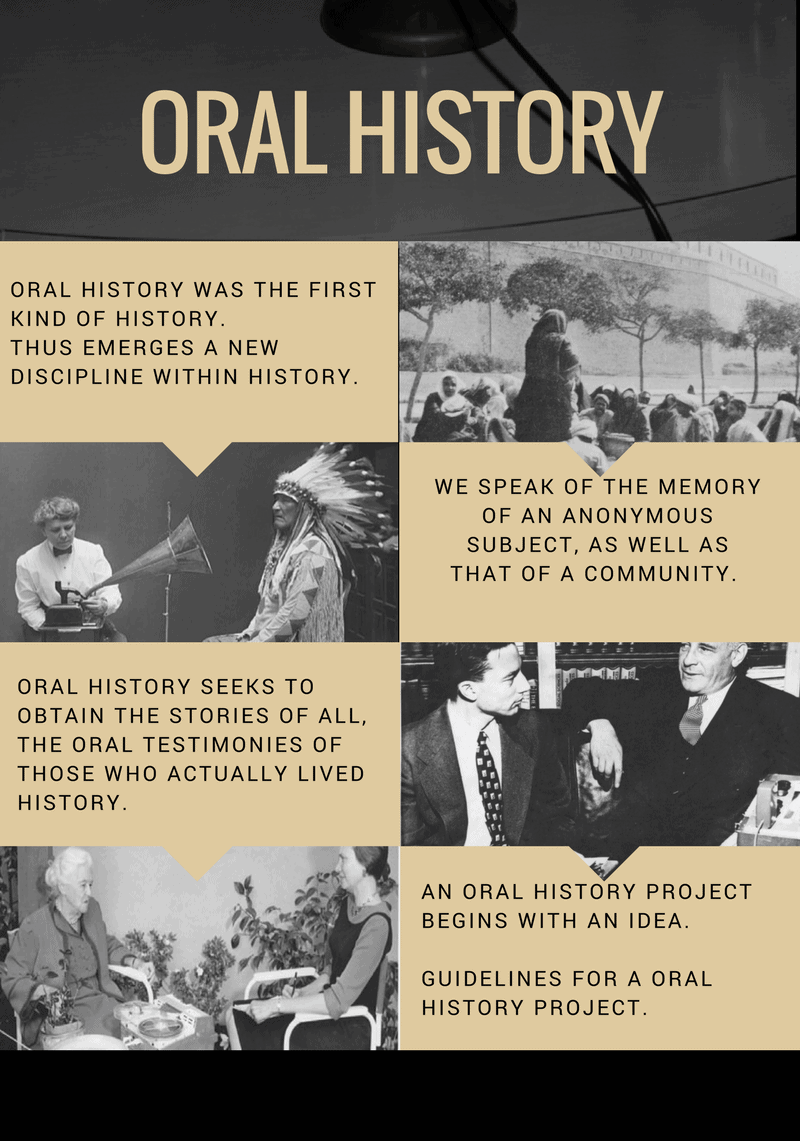
Oral history methodology – discipline of history
In order to get a more concrete and comprehensive picture of the Past, Oral History uses a process of registration and preservation of information from a primary source, making it available to the public.
The Oral History interview – discipline of history
The methodology of Oral History as a discipline of history is based primarily on the interview, a thought-out and structured process.
Of course certain problematic issues on memory are highlighted on many occasions.
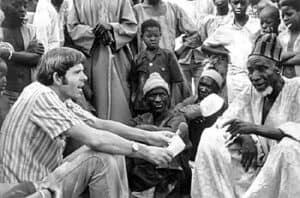
In West Africa, tradition is maintained by the Griots, the keepers of stories. In this image, we can see Tom Hale interviewing the griot Ayouba Tessa (1981, photograph by Thomas A. Hale).
http://news.psu.edu/story/140694/2002/05/01/research/keepers-history
We live in complex societies with different groups and each with their own idiosyncrasies and so memories will be addressed differently.
Likewise, we cannot forget that memory, as those who keep it and share it, is alive, and therefore changeable and subjective.
And these last two features are the greatest challenge for historians when faced with oral sources.
However, we cannot invalidate them.
Many critics are against Oral History, alleging that it does not produce historical ‘evidence’ of events, but just a collection of subjective reports, based on the memory of a few people.
Some historians are persuaded (or even forced) to invalidate and discredit the oral sources as historical sources because memory can be volatile and people can as easily remember as they can forget.
Let’s point out that, when considering the interest of a cultural project, there are four values to be considered.
- historical value.
- scientific value.
- aesthetical value.
- and social value.
The first three criteria seem to be considered the most important, often the latter being neglected during the evaluation.
However, in the process of Oral History, social values become relevant.
Because they are based on tradition and this relates to the values of people; and that which they value transpires through the accounts of their life experiences.
Therefore, Oral History, with all its ramifications, is a discipline of history with a methodology similar to other branches of historical analysis.
It requires of the historian prior preparation in the same way as any other area of study, and a careful analysis of data.
In order to properly select and convert it (or not) into an oral source.
It will be a primary source, similar to a newspaper article or a registry.
Oral history – the interview and the project
Online course – Certificated institution
Objectives
Distinguishing and recognising Oral History as a discipline of History .
Recognising the importance of Oral History in the preservation of Intangible Heritage.
Identifying and describing the key elements needed to develop an Oral History project.
Learning how to recognise potential problems related to the implementation of the project.
Applying the best practices during a project of Oral History.
Recognising and applying the correct procedures during the interview process.
Identifying key materials and equipment necessary for the interview process.
Identifying methods and recognising the importance of making the data available to the public.

